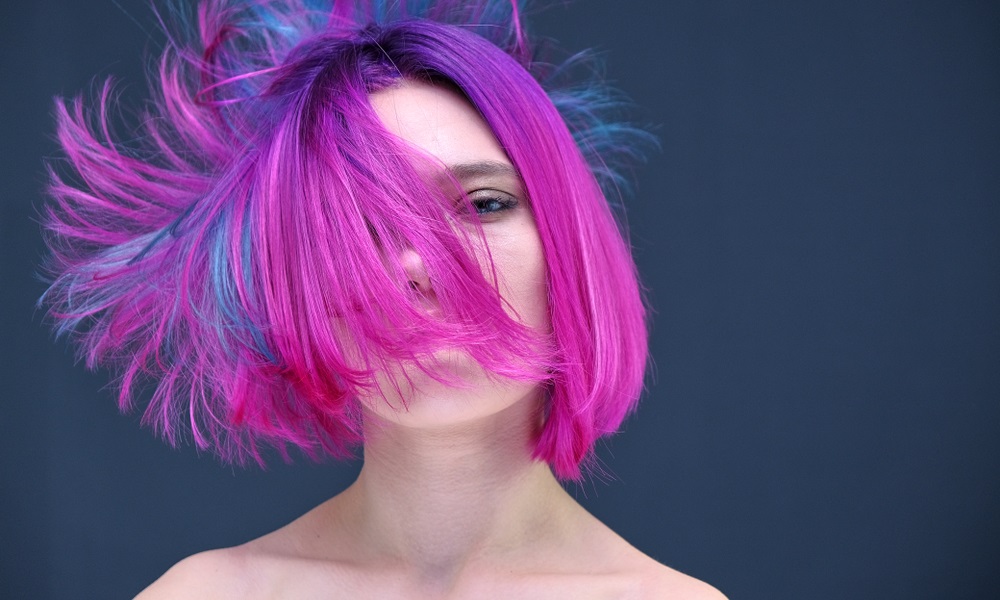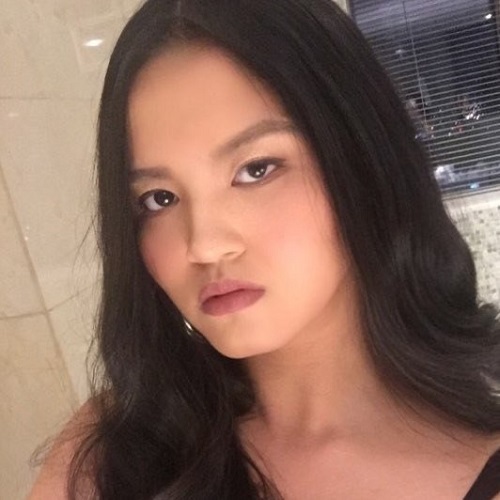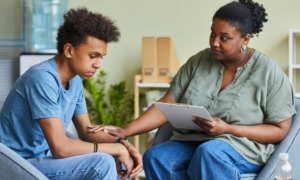 VIACHASLAU/SHUTTERSTOCK
VIACHASLAU/SHUTTERSTOCK
Language becomes its worst when medical terms and slurs are allowed to define a person’s entire identity. But it doesn’t have to be this way — and the neurodiversity movement understands this completely.
The concept of “neurodivergence” is nothing new: As a whole, it refers to those on the autism spectrum, those with unconventional learning needs and people struggling with incapacitating mental illness — in short, those that schools and workplaces alike have otherwise labelled “mentally different.” But this latter term can be quite limiting: by labelling people as an “other,” it becomes very difficult to incentivize their growth and development, and as such, remember their personhood.
One thing that makes neurodivergence so fascinating is that, despite its name, it isn’t just a scientific concept — it’s a social phenomenon. Neurodiversity can be somewhat difficult to approach because of the “divergence” bit. Because no people have the same neurology to begin with, it can be easy to say that everyone is neurodivergent. There’s the theory that the more artistically inclined use their right brain more than their left, and for the analytical and mathematical, vice versa.

Maxine Magtoto
But neurodivergence is more than just having different skills and unique personality traits: Instead, it looks into the many unconventional ways people have had to interact with the world throughout history. It has become a unifier; an idea that bridges communities under a multifaceted identity, free from stigma. It is an all-inclusive, no-holds-barred movement that does its best to accommodate everyone’s needs, and understands the mental state as existing on a spectrum, not a divide.
Though grassroots movements and social media campaigns have done an amazing job in shedding some light on this issue, very little has been done to empower the neurodivergent to reclaim their own stories and use their own voices to speak their own truths.
More inclusive curricula, policies needed
Modern Divergence, also known as MoDiv, wants to change this narrative. We’re looking to raise awareness on how neurodivergent youths’ mental and developmental health is impacted by stigma, inefficient pediatric health care and society at large. Soon, we see even more neurodivergent individuals rising up to lead this cause.
With over 90 members spanning 12 states and 20 nations, we concentrate our efforts on the challenges faced by all neurodivergent individuals, regardless of where they are in the world.
Neurodivergence is truly and wholly a cultural movement, and we see this reflected in many of the projects that we undertake. Through MoDiv Talks, a minority-led podcast discussing the mental implications of hard-pressed social issues, we reconcile both our audience’s and our own perspectives with the very real, very personal stories of mental health among our youth today.
With the current state of the world, having a direct impact has proven difficult. But this isn’t an excuse to remain inactive. During a time when connectivity proves so volatile, collaboration is one of the many ways we can keep it going. Along with several other youth-led organizations, MoDiv has started an initiative to appeal for more mentally inclusive and neurodiverse school curricula and policies in several schools across North America.
Rather than treat mental divergence as something to cure, we enable our partners and community members to thrive as themselves, living in harmony with the idea that there is no one “right” way for the brain to work. “We need more people seeing us as people who can do great things in our own right,” says one of our partners. “And not just people to pity.”
We think of our own generation’s experiences as very divergent in their own right: “Generation Z has the benefit of impact, influence and efficiency,” says one of our regional ambassadors. “We like to joke that we’re the kids that are too scared to ask for more sauce at restaurants, but are more than willing to put ourselves out there.” Truly, what the world needs is a more dynamic, more inquisitive and more empathetic table for discussion, and we cannot have this without neurodiverse perspectives.
As MoDiv navigates through the trials this pandemic has to offer, so too does the fight for mental inclusivity press on. All too often, social issues are seen as living within their own vacuum: that there’s one movement fighting for one specific cause, and another one fighting for the next. But as the world sees more conflict and social unrest, dialogue proves more critical than ever — and the neurodivergent youth are ready to offer just that.
Maxine Magtoto is a rising high school senior at Brent International School Manila. When she isn’t producing the MoDiv Talks podcast or editing her magazine, she enjoys philosophy, voiceover and baking questionable pastries.





























